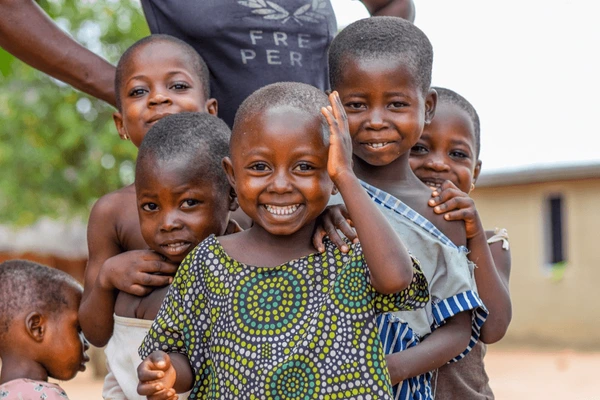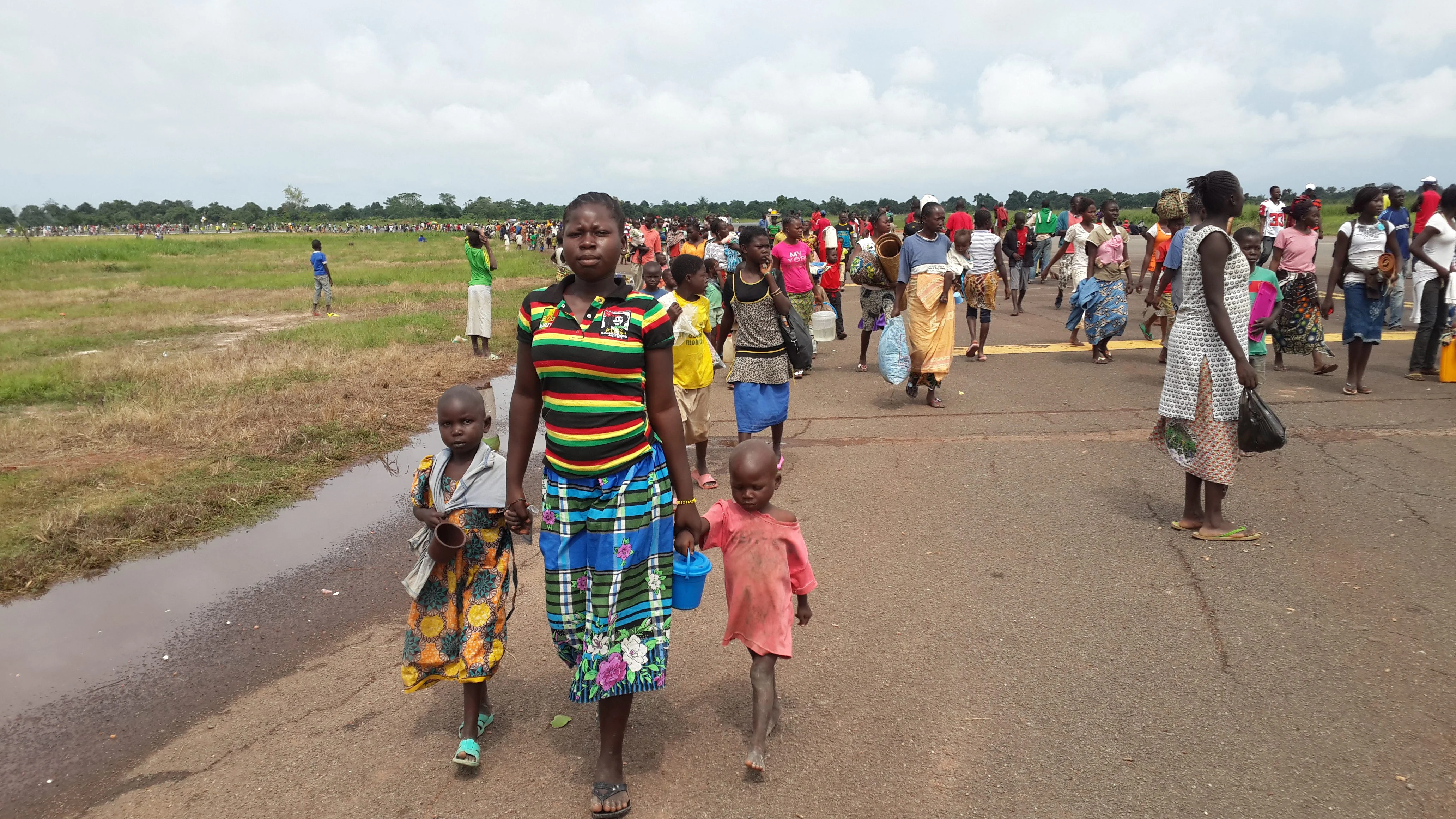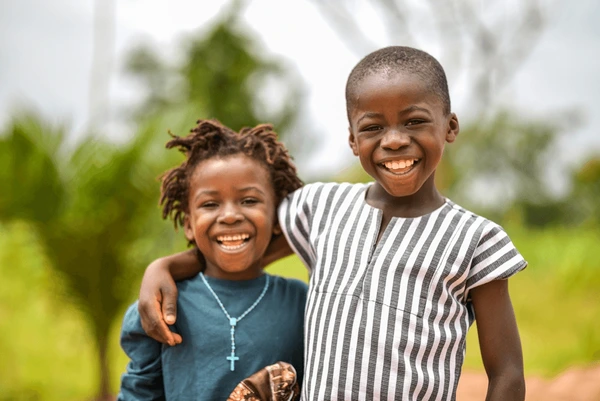
By Nomatter Mubhawu
Anyway Njakure (20), a young man from Machingambi Village in Gutu district says he has found economic emancipation and a sense of purpose for his life through raising indigenous chickens.
“My project has given me a sense of purpose. I have started to spend more time raising my chickens and caring for them,” narrates Anyway.
Anyway says he started the project a year ago with a few chickens after receiving training from Great Zimbabwe University working in partnership with Chinyika Community Development Association Trust (CCDT), a PELUM Zimbabwe member.
” I started rearing indigenous chicken in December 2022. I started with three chickens, one cock and two hens. It all started after I attended a workshop facilitated by Great Zimbabwe University at Chinyika Training Center,” says Anyway.
Anyway says he bought the idea of indigenous chicken rearing because of its financial sustainability and potential to feed his family.
“My low income and shortage of food prompted me to start my indigenous chicken project. I decided to construct a fowl run measuring 3 square meters using bricks and mud only since I didn’t have money to buy mesh wire. After a week of feeding my chickens with pearl millet mixed with crushed cow peas and sunflowers, the chickens began laying eggs and all in all I had 30 chicks which gave me a sense of achievement and purpose,” says Anyway.
The Agricultural Technical Extension Officer (AEO) for ward 10 in Gutu District, Charity Kwenzani (40) says indigenous chickens are a viable option for youth farmers since they can provide a good source of income for the youths and their families, adding that the AGRITEX department fully supports this initiative.
“We are guiding youths by providing adequate knowledge on how to keep indigenous chickens. Our department is providing trainings and physically monitoring these projects as well as market linkages to sell their products,” says Charity.
Vimbayi Mlambo (58) the coordinator for Chinyika Community Development Association Trust (CCDAT) says that most chicken farmers have had an improved standard of living after the training, adding that uptake of such initiatives by youths is critical for sustainability.
“As an organization for organic farmers we are overwhelmed with joy to see youth farmers participating in and being empowered through these projects,” says Vimbai.







